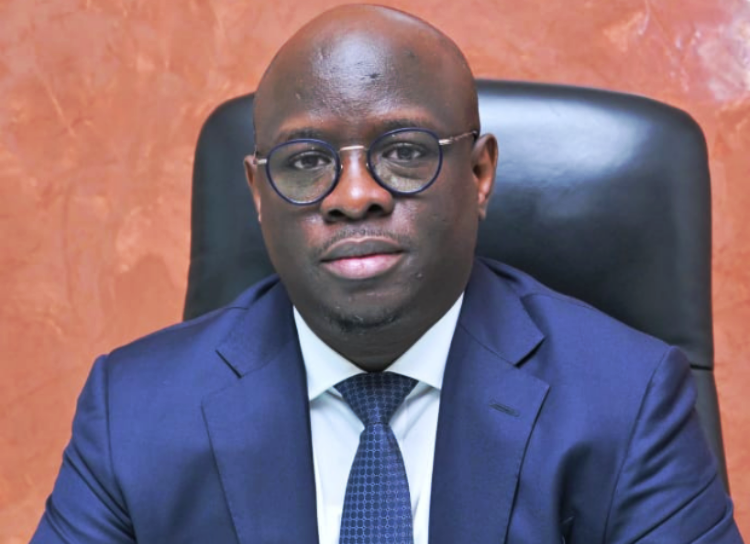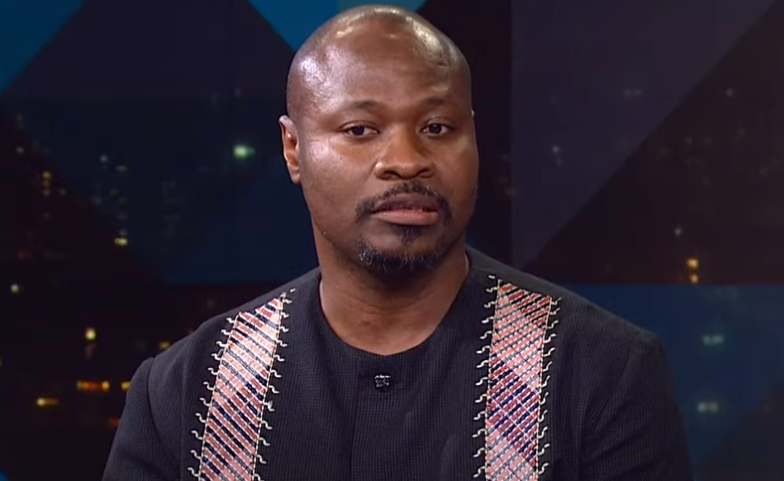Gambiaj.com – (DAKAR, Senegal) – A fierce internal reckoning is shaking the foundations of PASTEF, Senegal’s ruling party and self-proclaimed champion of anti-corruption and public sector reform. A prominent figure of the party—MP Guy Marius Sagna—have publicly exposed what he views as troubling practices within the National Assembly, raising difficult questions about whether PASTEF is living up to its reformist promises.
Guy Marius Sagna, a widely respected activist-turned-legislator and member of PASTEF, launched a scathing critique of the National Assembly’s spending culture and governance methods, which he says betray the ethical commitments that brought the party to power.
In a Facebook post that has since gone viral, Sagna itemized what he calls “practices of another age“—from the opaque disbursement of funds to religious pilgrimage ticket allocations for deputies to unexplained delays in accountability reports from key parliamentary oversight bodies.
While the criticism might seem like routine political squabbling, the fact that it emanates from within PASTEF is deeply consequential.
PASTEF, led by President Bassirou Diomaye Faye and Prime Minister Ousmane Sonko, rose to power on the back of a sweeping popular movement to eradicate corruption, instill transparency, and revolutionize Senegal’s political culture.
That its own lawmakers are now revealing behavior that mirrors the excesses of previous regimes raises uncomfortable questions about how deeply the reformist spirit has penetrated Senegal’s state institutions—and PASTEF itself.
Sagna’s appeal to the ideals of historical anti-imperialist icons like Mamadou Dia and Thomas Sankara adds moral weight to his case.
“We must not confuse the dignity of the function with luxury and waste among the representatives of a people as helpless as ours,” he wrote, warning against symbolic optics that distance lawmakers from the everyday realities of Senegalese citizens.
Party Discipline or Democratic Accountability?
Sagna’s exposé has drawn a swift and defensive reaction from within the party. Ismaïla Diallo, the First Vice-President of the National Assembly and a key PASTEF figure, countered the accusations by accusing Sagna of double standards and opportunism.
Diallo claimed that Sagna himself draws benefits from both ECOWAS and the National Assembly without disclosing the combined compensation. Diallo also alleged that Sagna, despite being a member of the critical Accounting and Control Commission, has been absent and inattentive to its internal work—thereby contributing to the very dysfunction he decries.
Diallo’s response reflects a broader tension within PASTEF: the struggle between preserving party unity and encouraging internal democratic dissent.
His assertion that “collective engagement takes precedence over individual indignation” signals the leadership’s preference for managing criticisms privately rather than through public exposure. But in a political context where the party came to power by promising radical transparency and citizen empowerment, such calls for internal silence may sound dangerously close to the old order’s habits.
The Broader Stakes: Image vs. Reality
The political risk for PASTEF goes beyond a feud between lawmakers. Sagna’s critique—and the public nature of it—casts doubt on whether institutional reform is more rhetoric than reality.
Former MP Thierno Bocoum echoed this concern in a sharply worded statement, lamenting that “the very people who, yesterday, claimed lives for a breakup, are today the majority but unable to make this essential commission work.” His words underscore the symbolic betrayal felt by some of PASTEF’s original supporters.
Moreover, the controversy unfolds at a time when the public is especially sensitive to issues of budgetary rationalization.
The ongoing debate over deputies receiving luxury service vehicles has already sparked outrage. Sagna’s revelations feed into a growing narrative that even revolutionary parties are not immune to the seductions of incumbency.
That PASTEF—built on the slogan of “jub, jubal, jubbante” (truth, honesty, and transparency)—is now facing internal allegations of opacity, favoritism, and mismanagement, which presents a critical inflection point.
If it fails to address these issues credibly and swiftly, the party risks losing the moral high ground that has been central to its legitimacy. The narrative of betrayal, once cemented in the public imagination, could prove difficult to reverse.
Sagna’s call for intra-parliamentary democracy and a break from “political amenities” is not just a critique—it is a test of whether PASTEF’s revolutionary posture is built on substance or symbolism.
And as the party prepares to confront both legislative and popular scrutiny, its response to these internal dissenters may well shape the political trajectory of Senegal for years to come.










